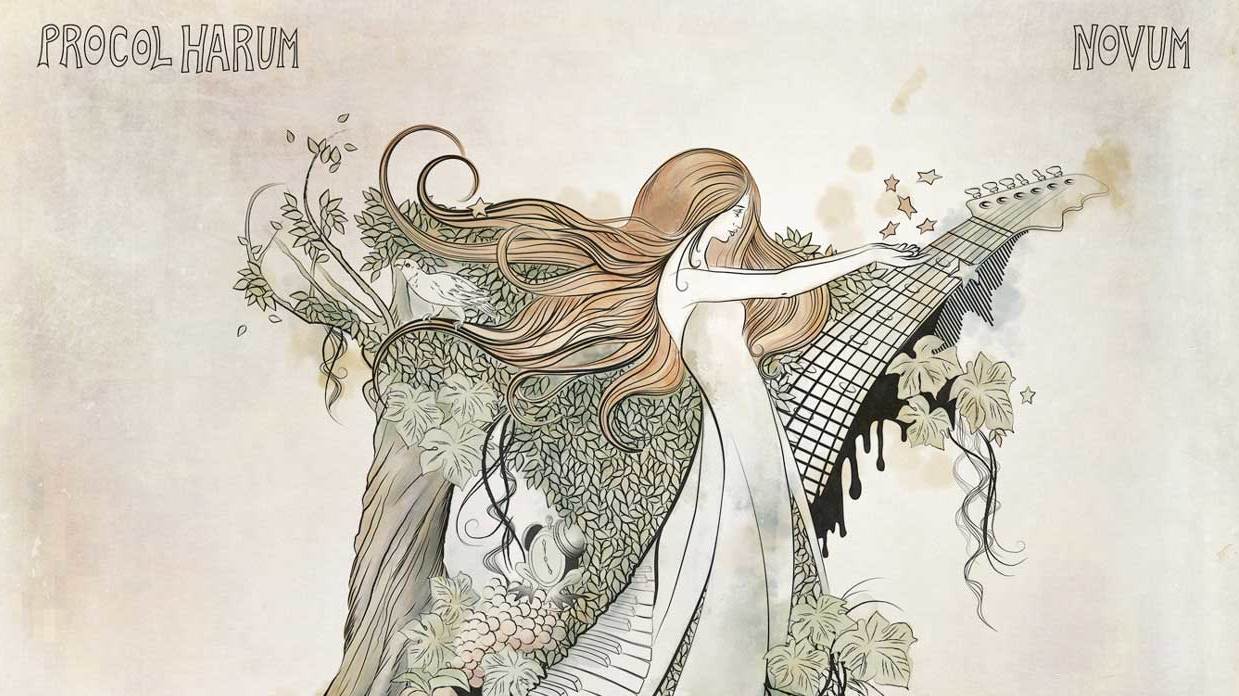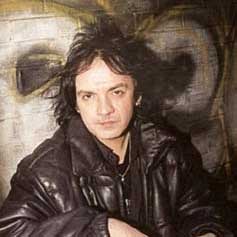Around fifty years ago, madcap DJ-producer Guy Stevens was so impressed by young lyricist Keith Reid that he created a band to record his words, starting with an introduction to singer-pianist Gary Brooker from the Paramounts. Stevens named the band Procol Harum after a friend’s cat and found the song’s title after telling his wife “You’ve turned a whiter shade of pale” at a party, but was in jail for drugs by the time the new band recorded A Whiter Shade Of Pale. The song’s simple blend of Brooker’s sepulchral vocal, Reid’s surreal lyrics and Mathew Fisher’s Bach-heisting organ chimed heavily with the blooming summer of love and shot to number one after being hammered by pirate radio, staying there for six weeks.
After follow-up hit Homburg, Procol released their prog-blueprinting debut album, 1968’s Shine On Brightly, 1969’s epic A Salty Dog and more until breaking up in 1977. The band returned in 1991, last recording 2003’s The Well’s On Fire with Brooker joined by guitarist Geoff Whitehorn, bassist Matt Pegg, drummer Geoff Dunn and organist Josh Phillips. The same crew play on Novum, joined by lyricist Pete Brown, the veteran poet who co-wrote Cream classics and penned all the lyrics (except Soldier and Brooker’s poignant solo dedication to his wife, Somewhen). “I have always thought Gary was one of the great British singers, and he still has the magic,” says Brown. “Keith Reid just used to send stuff through the post like Bernie Taupin, whereas I was in the studio quite a lot of the time in order to change stuff, like I did with Jack (Bruce).”
While this fortuitous relationship gives Procol’s music a relevant new dimension, Brooker’s voice and melodic brilliance remains at the core of their sound, still strongly soulful on ballads such as the autumnal Sunday Morning, grippingly atmospheric Last Chance Motel and life-affirming The Only One (not the only track to bear similarities with Ian Hunter’s wizened defiance). Elsewhere, the band perform with frequently supernatural chops, curiously recalling Steely Dan in the subtly complex twists of Image Of the Beast and Can’t Say That, while Businessman churns with barely-contained fury at the modern world.
Procol Harum have come full circle, back at the top of the game they helped instigate 50 years ago with a work of rare depth and provocative beauty. As if to emphasise the magnitude of their return, the album’s impact is further enhanced by Julia Brown’s sleeve artwork recalling 1967’s debut. At this time of relentless losses, progressive music can only celebrate a magnificent resurrection.

